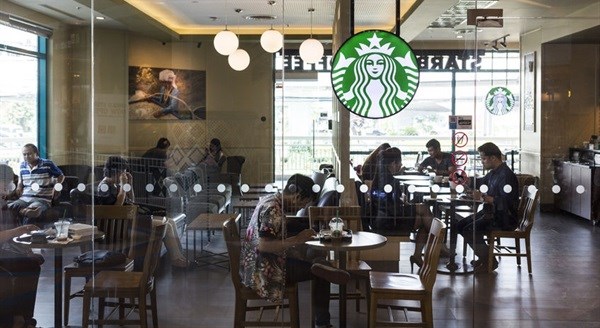
Top stories






More news








Logistics & Transport
Uganda plans new rail link to Tanzania for mineral export boost











With franchising accounting for 30,000 businesses in South Africa and comprising over 10% of the GDP, this business model could hold the key to improved future employment and economic growth scenarios.
Jannie Rossouw, head of Sanlam’s Business Market – the main sponsor of the Franchise Association of South Africa’s (FASA) Awards of Excellence – says, “There has never been a better time for the proven blueprint concept of franchising to provide new business ventures with a greater chance of success, with South Africa officially in recession and with unemployment at a 14-year high of 27%. Studies show that franchises have an 80% chance of survival versus the 20-30% attributed to other independent business models.
“Multiple contributing factors can make a franchise more likely to succeed than startup entrepreneurship options. For one thing, franchisees are provided with an operating manual, giving them a recipe for success, and this is complemented by rigorous training and access to experienced resources for support.”
“These are some of the factors that set franchisees up to succeed during tough economic times; making franchises a positive prospect for individuals seeking new business opportunities.”
A well-established operating model: The operations manual provides a proven ‘how to’ guide that outlines a standard code of conduct and fixed procedures to follow. This sets a business up to succeed, meaning it does not have to start from scratch.
Training and support: Franchisees pay for training as part of the franchise fee. This training, coupled with the operating manual, means less experienced, first-time business owners have an increased chance of success.
Buying in bulk: The bulk purchase ability a franchise model provides means established national deals with suppliers and high volumes of purchase that equate to better prices and approved payment terms.
Marketing expertise: When multiple businesses are shouldering the same cost, there is an inevitable decrease in costs for all parties involved. This makes it easier for franchises to retain a marketing budget in turbulent financial times. A brand’s visibility is especially important during a recession. People will spend the little money they have available on brands that are top of mind. This is where franchisees have an added advantage, given that the franchise is often already a well-established household name. The brand has already proven itself to deliver on consumer promise.
Built-in support network: Being part of a franchise gives a franchisee access to a ready pool of support, with fellow franchisees that have faced and resolved similar challenges.
People are increasingly being retrenched, as companies downsize and job opportunities become scarce. Franchises provide viable self-employment opportunities with a blue print that gives individuals a strong arsenal of tools and skills. However, Rossouw warns of the realities and potential pitfalls.
“If you are applying for a loan to finance a franchise, you might be required to put down a percentage of the purchase price, which can be a substantial sum and potential barrier to entry. Additionally, each franchisee needs to work to boost the reputation of the collective group, as one poorly operated franchise can bring the others into disrepute.
"Although there is a formula that must be adhered to, there is still the need for continued innovation to push the business to the next level. Franchisees also need to ensure their asset insurance and financial planning relating to their business and personal needs are adequate for their requirements. It is wise to speak to a financial planner to look at the business’ finances holistically,” concludes Rossouw.
With business success as an imperative for real economic growth, franchises may help unlock the government’s goal to create jobs – something that may seem insurmountable in South Africa’s current climate.